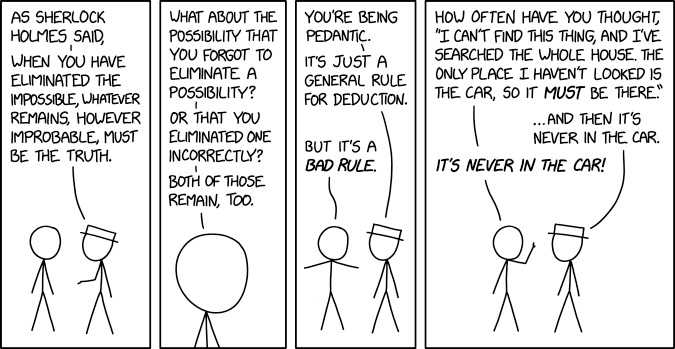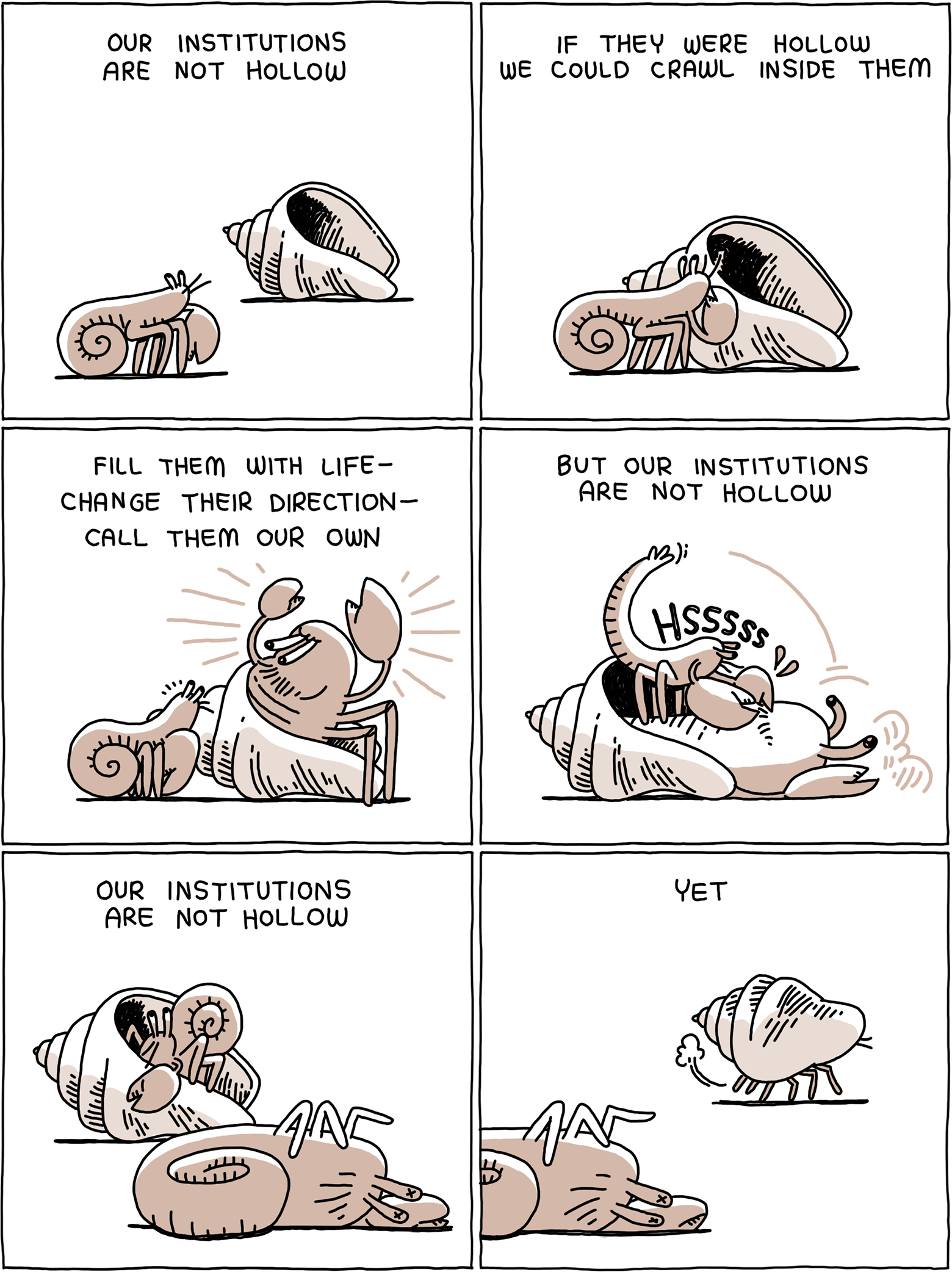https://old.reddit.com/r/thomastheplankengine/comments/1p7ravp/dreamed_that_i_played_an_rpg_with_runescape_style/
Reddit has decided that I am a robot, and robots can't play on Reddit, so my account has been banned. That has consequences for this site, because I had various links to Reddit posts scattered throughout my blog. So to fix those links, I had to dust off my Nikola-based blog machinery and update the links to use archive.org versions instead. While I was at it, I figured I might as well write a post about the experience.
The tl;dr; version is something we all should know: when we pay nothing to participate in a service run by a major tech company that achieves its scale mostly through automation, it's not only the case that we are the product being sold to advertisers, but also that we lack any meaningful power in the relationship. For as long as things keep working, everything is fine, but at any moment, you can find yourself left wondering what just happened as an online identity winks out of existence without warning or recourse. Thinking the posts you made on Reddit are something permanent you can link to is a mistake when the company feels and has no obligation to you. In the rest of this post, I'll say a little more about what I've been up to lately, and how I came to be classified as a bot by Reddit.
Read more… (10 min remaining to read)
> So, this is the background in which I ended up writing something longer than a short story or novella. Call me nutty if you like, but this time I had to call bullshit on Ranma ½, a manga series by Rumiko Takahashi that had already been made into an anime series, but that Netflix decided to remake as a new anime in 2024.
I'll be honest with you, this was not on my bingo card.
Extrait d'une live cession tournée au LAB à Nantes ou j'ai eu la chance d'être invité pour jouer ma Techlow, techno low tech du présent sans machines !
Réalisé par Billal el Atmani
Des grands merci à
Billal el Atmani
Matthieu Cadeau au son
Josic Jégu au cadrage
Eliot ROY au titrage
Merci à toute l'équipe du LAB, notemment à Johanna et à Yann pour leur confiance, leur aide et leur soutien
Kardingebult (Groningen):
https://maps.app.goo.gl/XuSc9xM9tqucHXjE6
Vuurboetsduin (Friesland):
https://maps.app.goo.gl/Qyhhh4Czq2FCDLg88
00:00 Intro
00:54 Groningen
07:03 Friesland
14:45 Outro




